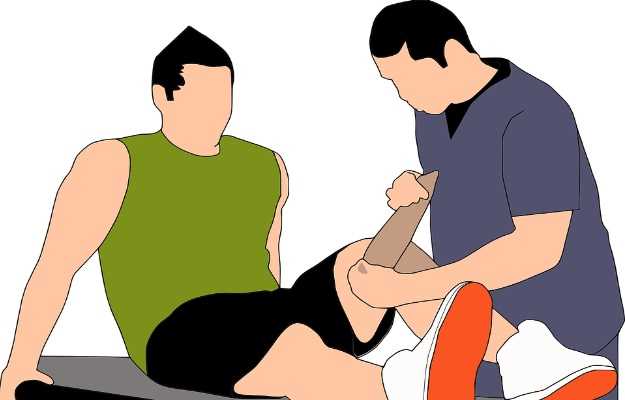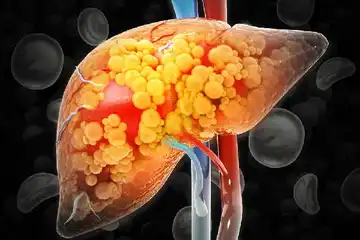Lymphedema is swelling due to the accumulation of lymph fluid in the body. It most commonly occurs in the one of the arms or legs, but can also manifest in both arms or legs, in the face, neck, abdomen and genitals. Most commonly, it is caused by an obstruction in or near the lymph nodes, which is where lymph fluid is drained. As the excess fluid is not able to be passed efficiently, the area begins to swell up.
Read more: Swollen lymph nodes
The lymphatic system is a crucial part of the immune system and carries lymph fluid throughout the body which flushes toxins and waste products away and towards lymph nodes. The toxins are broken down by lymphocytes in the lymph node and eventually passed from the body.
Blockages around the lymph nodes lead to complications, one of which is lymphedema. Most lymphedemas are secondary, meaning that they are caused by another disease or condition. Cancer treatment that involves radiation to the lymphs or requires the removal of lymph nodes or alteration of vessels feeding lymph nodes often leads to lymphedema.
Primary lymphedema is much less common and is an inherited condition caused by various kinds of lymphatic dysfunction.
Symptoms vary from minor swelling to discolouration and a limited range of motion. If there is swelling in the neck it can lead to further symptoms such as drooling, difficulty while breathing, swallowing and talking.
Treatment involves reducing the swelling, managing pain and restoring mobility and function to the affected area. Outcome is usually favourable if it is caught in time, and depending on the underlying condition. In most cases, lymphedema will remain a chronic condition and cause some degree of swelling; you will need to constantly monitor the affected area and be extra careful to not injure the area. This is because there is a higher likelihood of getting an infection since the immune system there is compromised. (For more information, read our article on infections.)

 Doctors for Lymphedema
Doctors for Lymphedema  OTC Medicines for Lymphedema
OTC Medicines for Lymphedema













































